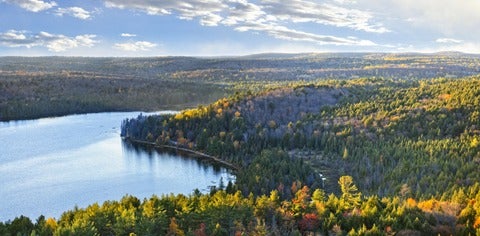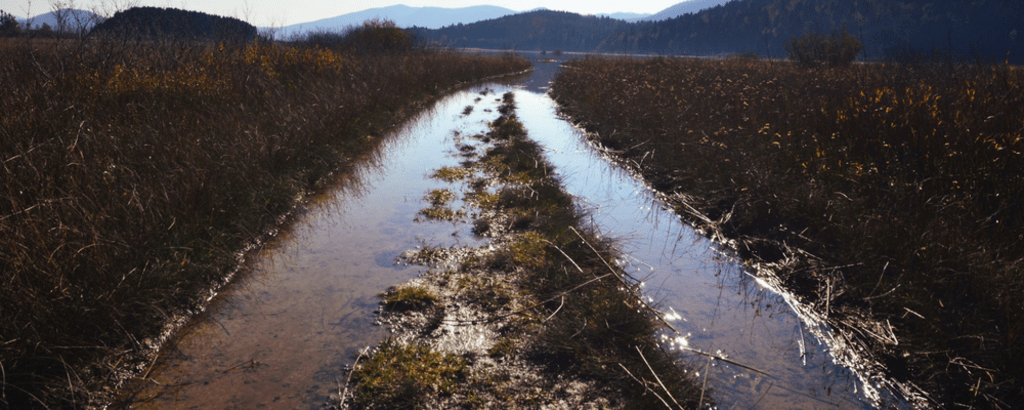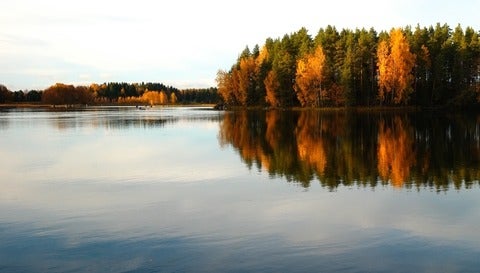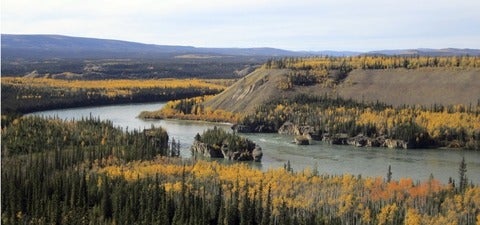Millions of lakes right in our backyard serve as windows into Earth’s origins
Countless lakes in Canada and elsewhere may offer some important insights into how life on Earth began and may also help us grapple with the pressing environmental issues facing the planet today.
The Boreal Shield is the largest of Canada’s 15 terrestrial ecozones, where boreal forests overlap the Canadian Shield. It stretches almost 4,000 kilometres from Newfoundland to Alberta. The millions of lakes that stud the Boreal Shield may offer clues into how ancient microorganisms might have shaped atmospheric and geological conditions on Earth.



